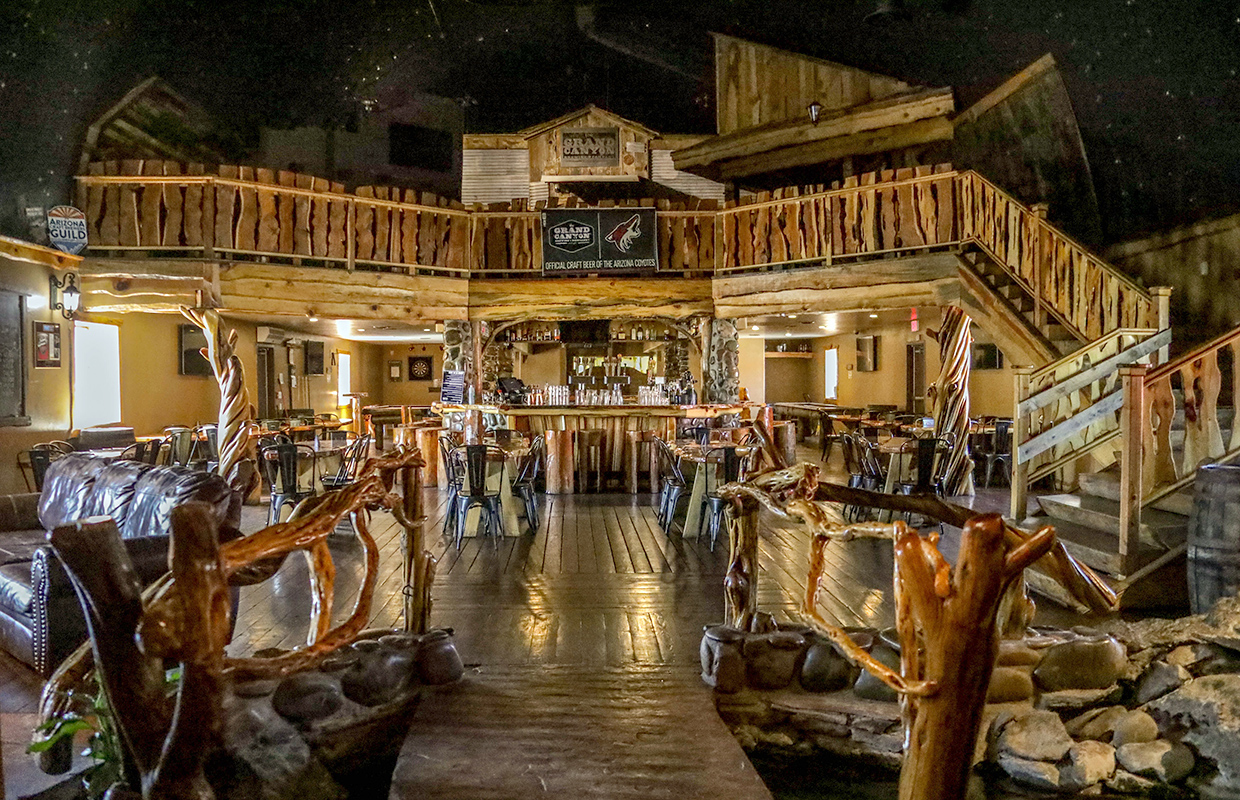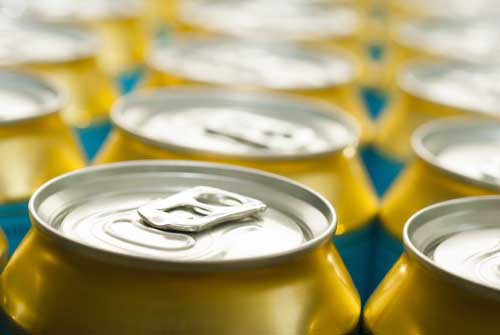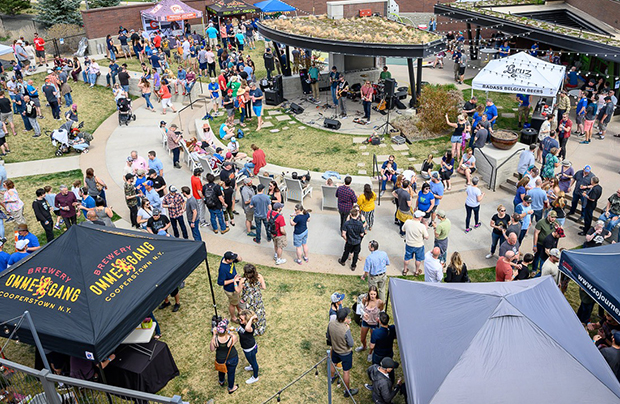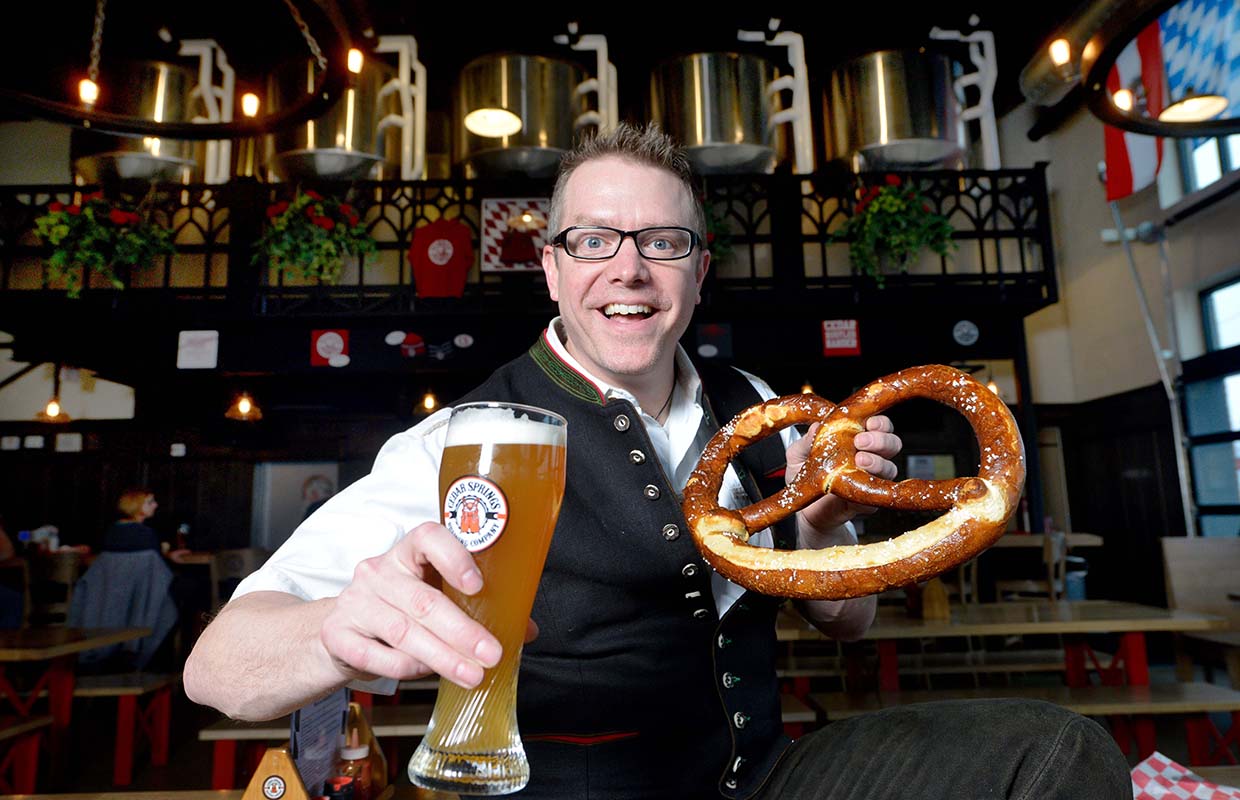
Being in a touristy part of Arizona, (and the name of the brewery can help you figure that part out), Grand Canyon Brewing founder and owner John Peasley said that like many growing breweries, staffing issues can be a concern. Sometimes it’s not having the manpower and Peasley wanted to change that so he could best utilize his staff to the best abilities in the right spaces.
The 10-year old brewery announced this spring two new construction builds that have added 12,500 square feet of warehouse space to help give more room for the brewery along with moving its distillery to a dedicated location as well.
Peasley made the decision to invest in a Comac automatic keg washer/filler.
“Automation can cover those positions that are hard to fill,” he said. “Also how many times do you touch a keg? Think about it, these guys unload kegs, hand wash the outside, clean the interior, re-palletize it, send it to the brewery, fill it and then send it back to the cooler.
“Now it’ll be all automated.”
Automating that process frees up what would be a brewer running around trying to get those things done instead of making beer.
“We won’t have to hire 2-3 people to wash kegs throughout the day and night,” Peasley said.
Of course, Peasley said he would rather have a staff on hand to do these things, but being in a smaller area can hamper hiring processes.
“Brewers are no different than the rest of the industry, or other industries, right? It’s hard to find good people right now,” he said. “We’re trying but it’s even harder for us in a small town where it’s, ‘Hey, wanna move to a town with 3,500 people?” You know, there’s not a whole lot of nightlife outside at 10 o’clock. There’s just not a whole lot of women or men. There’s not a lot to do unless you like hiking and fishing and hunting, snow, sports, etc.”
The troubles haven’t hampered the brewery too much though as Peasley attributes the demand for increased production to the success and popularity of Prickly Pear Wheat beer. He estimates that this single brand will account for nearly 50% of production within the year with expected growth of 62% in 2022. That meant a recent investment in five more 120-barrels and a 120-bbl brite tank.
“I’ve been very blessed and fortunate, starting this company with $1,500, getting out of the military, sleeping on the floor of a building and creating what we have with our team has been very fun,” he said.






Be the first to comment